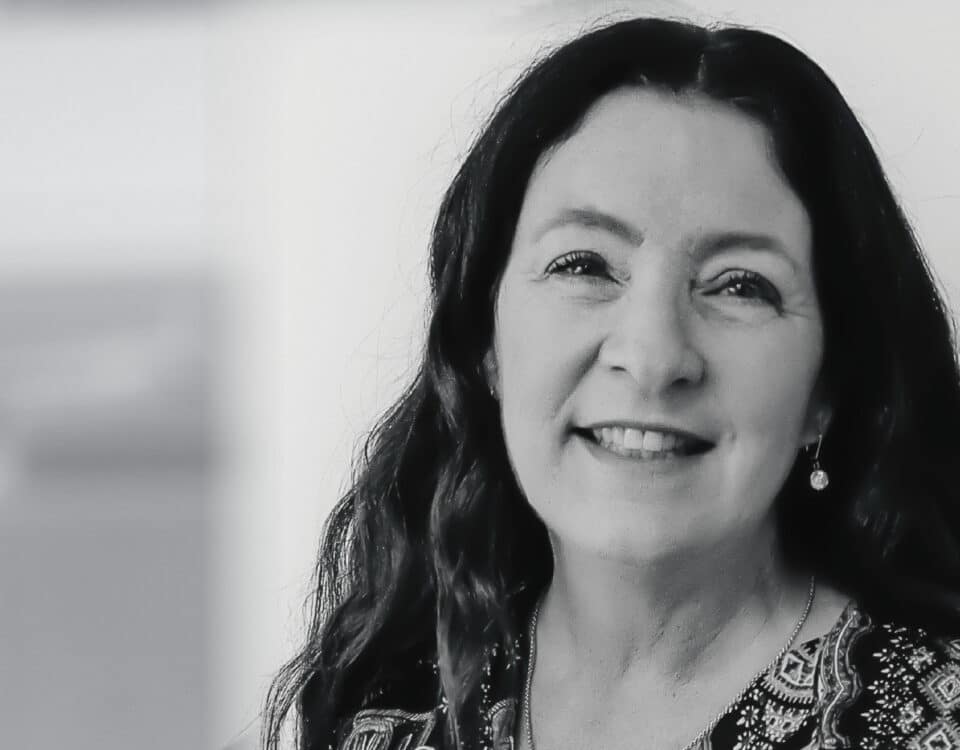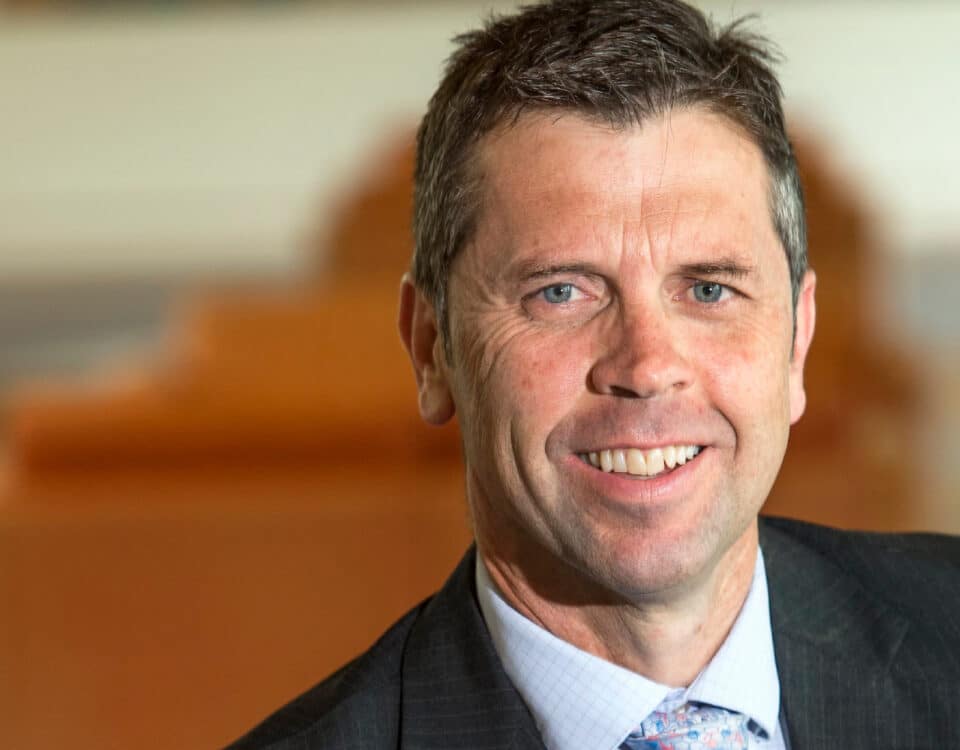Why did you decide to become a Rare Birds Ambassador?
I was writing an article about a fellow Australian National University alumna, when I came across Rare Birds as one of the organisations she supports. I looked into Rare Birds and I was immediately impressed and inspired.
Shining a light on people from diverse backgrounds is integral to our collective future. I have witnessed first-hand the outcomes that are achieved when diverse perspectives contribute to a solution. We end up with a policy or product that is accessible to more people.
I believe in challenging stereotypes. As a young woman working in technology, my demographic is one of the least represented. I am recognised across the Australian Public Service for the quality of work and outcomes I deliver.
However, there have been times when my age, appearance and gender have been a part of the conversation as if I am the exception. My dream is that it would be normal for all ages, genders and appearances to be involved in technology.
You have been a mentor to other women for many years. What made you want to do that?
While you can research, study theoretical approaches and read articles about your chosen field, there’s nothing like speaking to someone who can resonate with your experience first-hand. Coming together as women and sharing our experiences, is the very definition of empowerment.
Starting a career or transitioning into a new role can be overwhelming. It makes a world of difference to articulate your concerns to someone who is understanding and to plan a path forward. In my first corporate role, I sat on committee meetings as the minute taker. The committee was made up of some of Australia’s prominent lawyers, property developers and business owners. From their attention to detail, to their financial acumen, these leaders, particularly the women, demonstrated the value of mentorship by osmosis.
People often say they learn so much from their mentees. What have been some interesting insights from your experience?
In conversations with my mentees, I remember why I started mentoring.
One of my mentees, Lyn, struck me with her dedication and organisation. A week or so out from our meetings, she would send a meeting reminder, agenda and list of discussion questions. It allowed myself, as a mentor the time to think, reflect and provide the best answers during our sessions.
At one hot chocolate catch up, she pulled out several pieces of paper one by one:
- Good news – this portion went for a while, with at least seven highlights and recent achievements from Lyn
- Bad news – this was a trick. After reading through the seven good news items, she had me concerned, but she demonstrated her sense of humour here
- A roadmap with potential avenues for success, depending on the outcome of key milestones
I believe that each person you meet can teach you something you do not know. Some mentees have taught me about emerging ideas, technologies, or books to explore. Others have reminded me that sometimes all you need is someone to listen to you. You always have the answer to the challenges you are facing, sometimes you simply need someone to reflect this back to you.
You have worked on some big change management projects in the federal government. What makes a good leader?
A good leader:
- Actively listens
- Can be at any level
- Is adaptable to change
- Is not concerned with hierarchy
- Communicates regularly and clearly
- Is authentic, friendly, and approachable
- Believes in the team, empowering them to be themselves and be their best
- Provides the team with the tools they need to make the job a success
- Updates others, even when they don’t have the answers
- Avoids exhausting language in meetings and via email
Where did you learn your leadership skills?
With each job I have, or activity I am involved in, my leadership skills are solidified.
Leadership comes in a variety of forms, it might be in a book I read, a meeting I lead or a challenging conversation that I have overcome. A post implementation review on my work assists in developing my leadership practice.
I started my leadership journey at 10 years old, when I started public speaking. My family encouraged me to be curious. I have spent the last 20 years delving into this curiosity through education, volunteering and work. The audiences I present to often commend me on my ability to share ideas in a way that is relatable, innovative and engaging.
Has anyone in particular been an influence and how did they guide and inspire you?
There are many people who have influenced my leadership style. I believe in learning from everyone you meet, whether it is something you want to avoid or implement in your own leadership practice. It might be the cashier at the local cafe – how do they make you feel? Sunny and bright, or dreary and grey? I am currently completing a course with Samantha Wills and have learnt a lot from her. Some of my greatest influences are the classics – the books I read or the movies I watch. And of course, my grandma, mum and sister inspire me every day.
What would you say to someone who wants to be an advocate for women and girls? What can they do?
From my experience, here are some tips to continue the movement towards equality:
- Audit what you consume and notice where women are missing
- Observe history, quotes, politics, technology, books, art, what you wear and what you read. Was it designed by a balanced gender split?
- Audit who you follow on social media, or generally. Are you consuming content that was created by a diverse range of people?
- Listen to a diverse range of women and girls
- Stop and actively listen to diverse women and girls, different ages, cultural backgrounds, abilities, upbringings and preferences
- Read and learn from the Traditional Owners of this land
- We are so lucky in Australia to have one of the oldest cultures in the world
- We have so many amazing women to look to for inspiration, many of them are Traditional Owners of this land
- Talkin’ Up To The White Woman by Aileen Morton Robson is one of my favourite feminist books
- Talk about the issues faced by women and girls
- Start and continue the conversation
- Celebrate the achievements of women and girls
- Call out behaviour that does not support women and girls
- Be prepared to continuously learn and grow
What has been your biggest ‘A-ha’ moment in business – the one that changed everything?
I delivered a keynote speech for a client in the international education sector. At the end of each engagement, I ask the client for feedback. I asked this client why they decided to work with me and how they found me. They said that they liked my fresh take on digital transformation. They liked that I appeared youthful, engaging and optimistic. They liked that in a sea of men in black and navy suits, I was the woman wearing a pink suit.
Years earlier, these were the things I worried about:
- That I was too young
- That I was too energetic
- That I was too optimistic (someone once referred to me as ‘Pollyanna’)
- That I couldn’t see anyone that was like me in the field, and that made me feel insecure
All of these points of difference were exactly why the client wanted to work with me. They valued diversity. I have come a long way since one of my directors told me the only acceptable nail polish colours were ballet slipper, natural or French. It’s not about being conservative to fit into a mold, it’s about being yourself and adding value in your own way.
You like to help women get over their ‘Imposter Syndrome’. What advice do you give them?
The more I consider the concept of ‘Imposter Syndrome,’ the more I think it is a harmful label that we should do away with. Generally, Imposter Syndrome is persisting feelings of self-doubt, despite the level of education, experience or accomplishments a person has.
If there’s one thing we need to do more of, it’s to own and celebrate our experience.
Too often we fall victim to Tall Poppy Syndrome, particularly in Australia, and particularly as women. I think we need an entire paradigm shift.
We need to stop telling women they have issues, and start publicly acknowledging their achievements. In a practical sense, I encourage women to:
- Keep a diary (digital or paper) where you record feedback that celebrates you
- Celebrate your own success, and the success of other women
- Challenge thoughts of self-doubt
- Talk to yourself as if you are a friend
If you are reading this, I want you to know you are completely capable of success! You are kind, smart and strong. Add this to your feedback diary.
If you would like to join us as a Rare Birds Ambassador and make an impact on economic equality, we would love to hear from you! We are looking for champions of change who will advocate for us, amplify our message and help us reach more female founders, innovators and leaders. Get in touch HERE.





